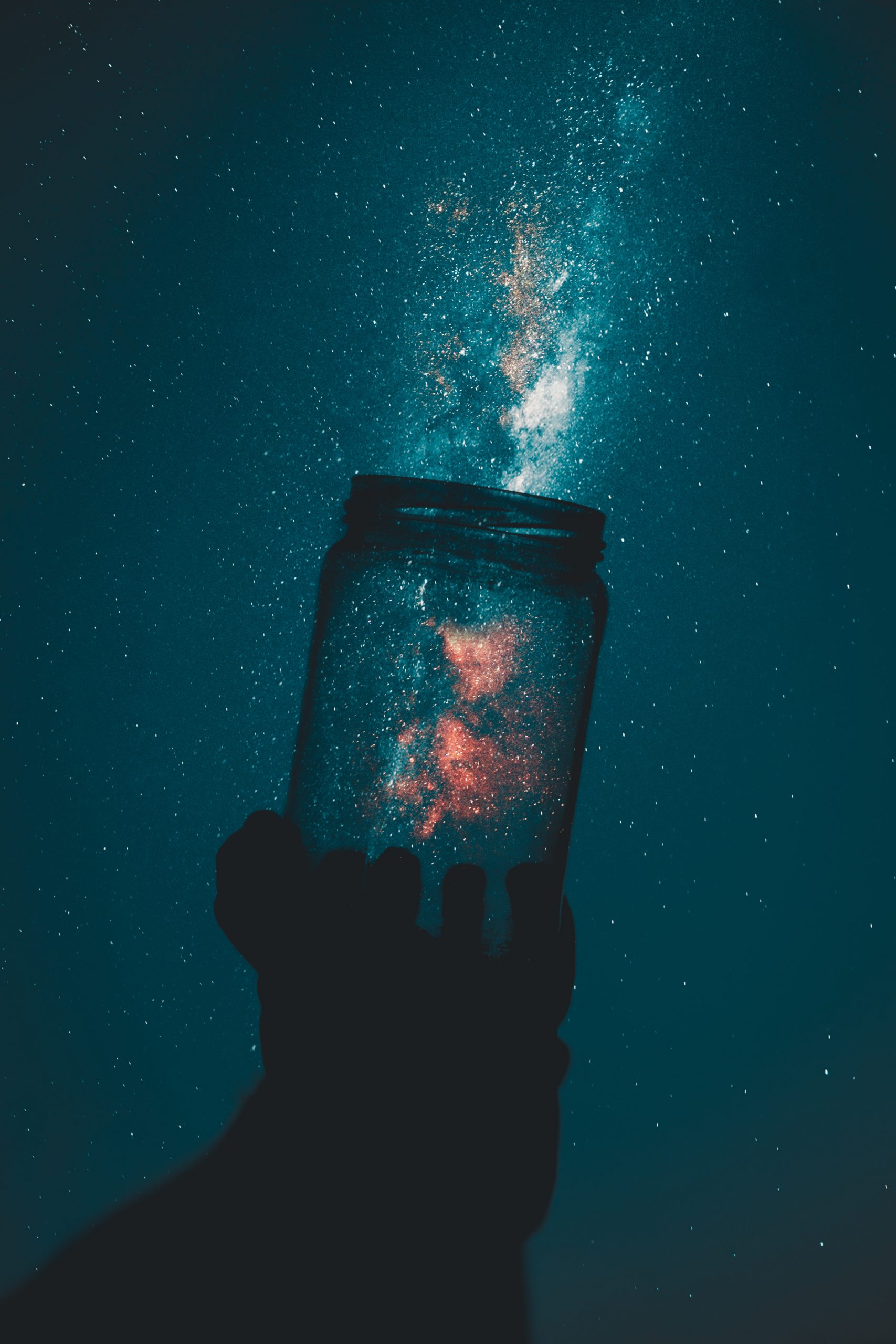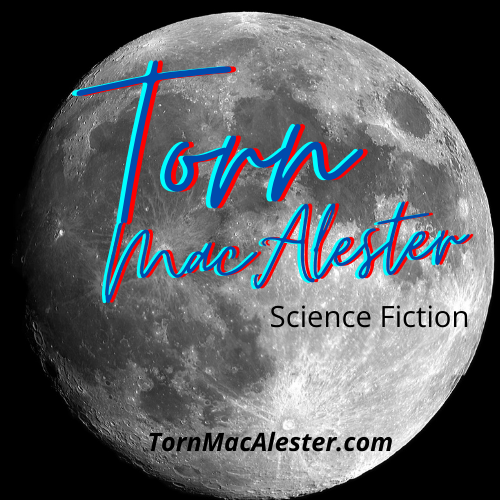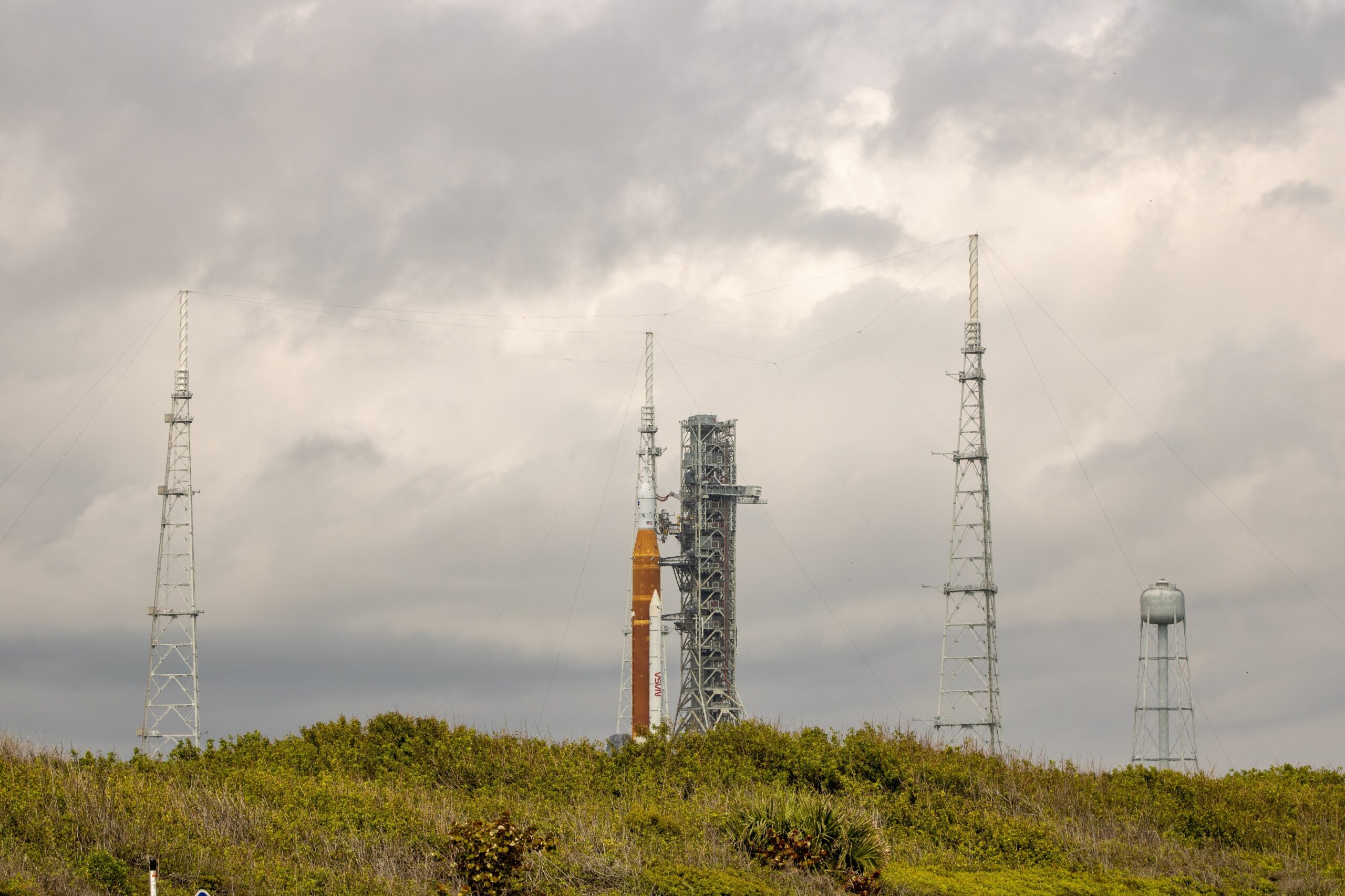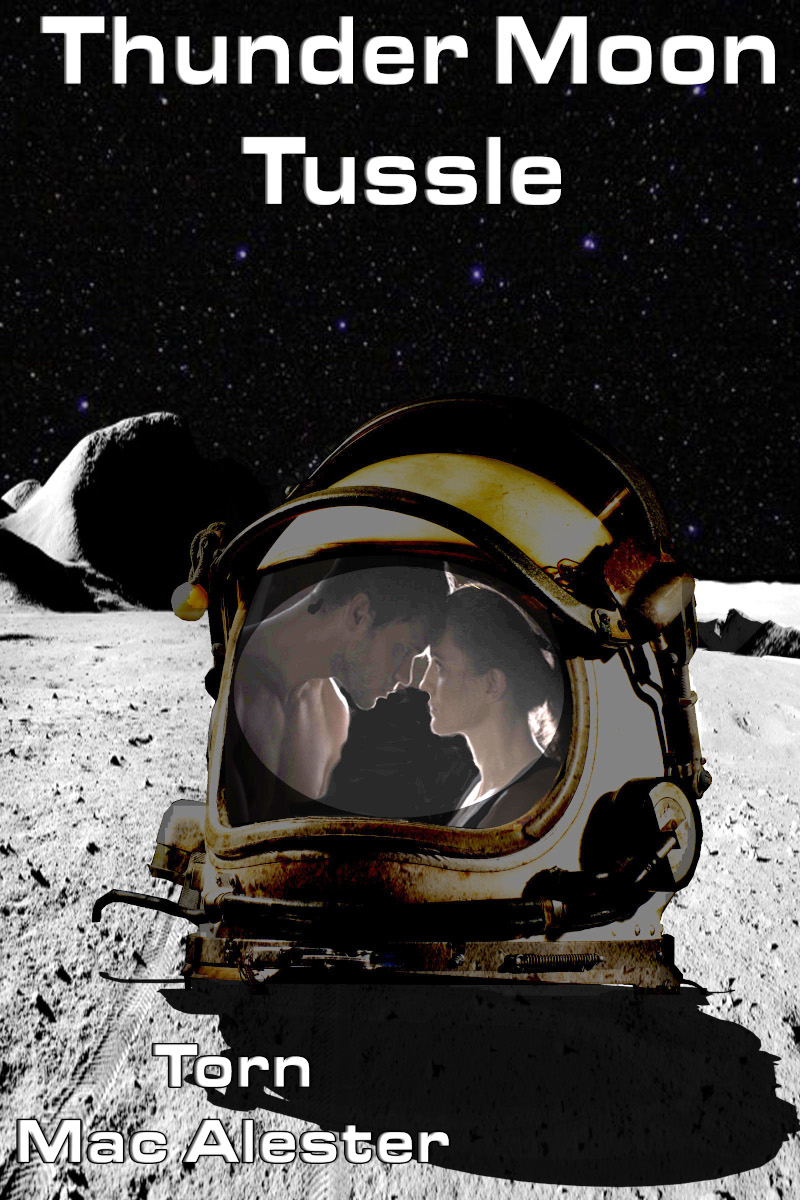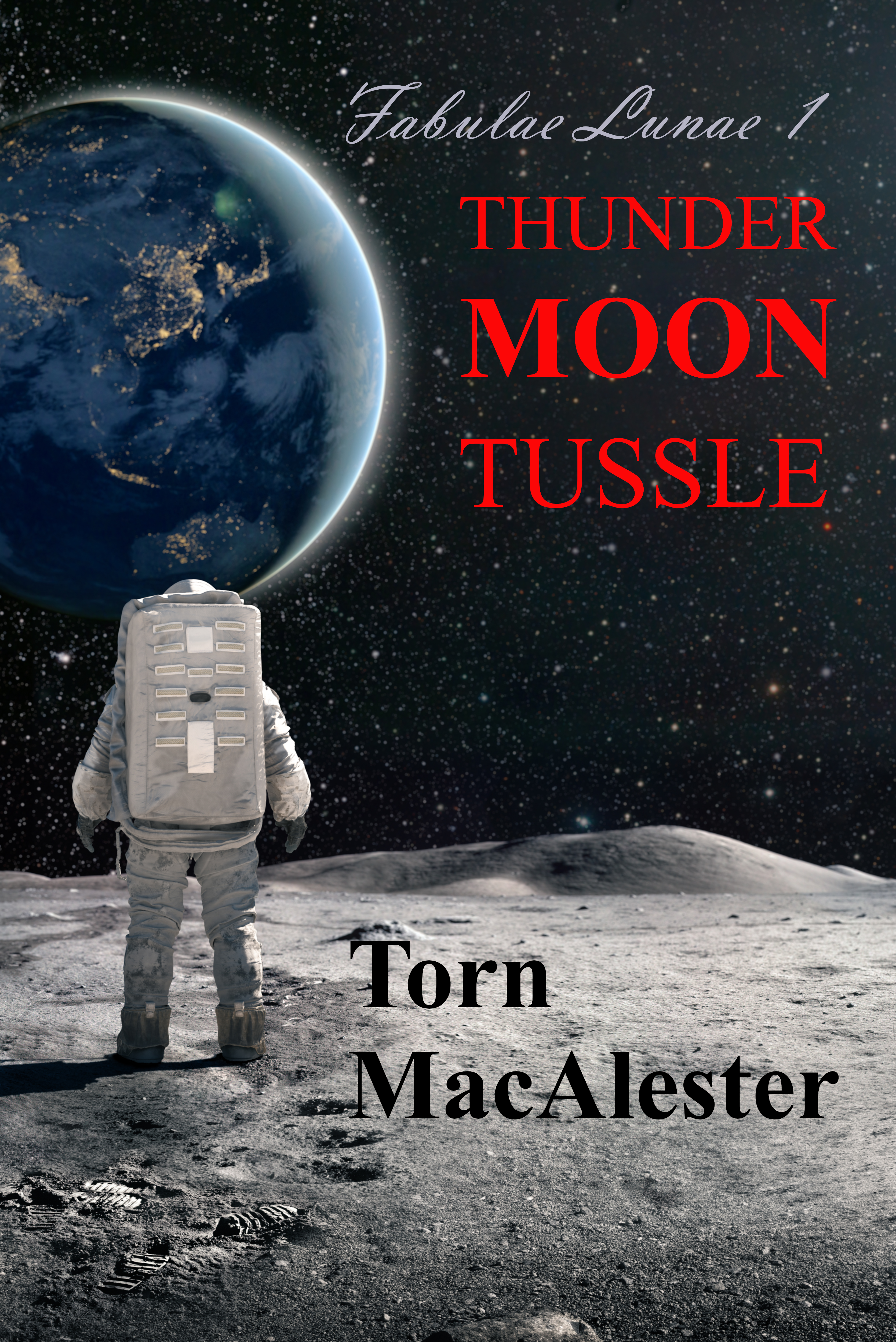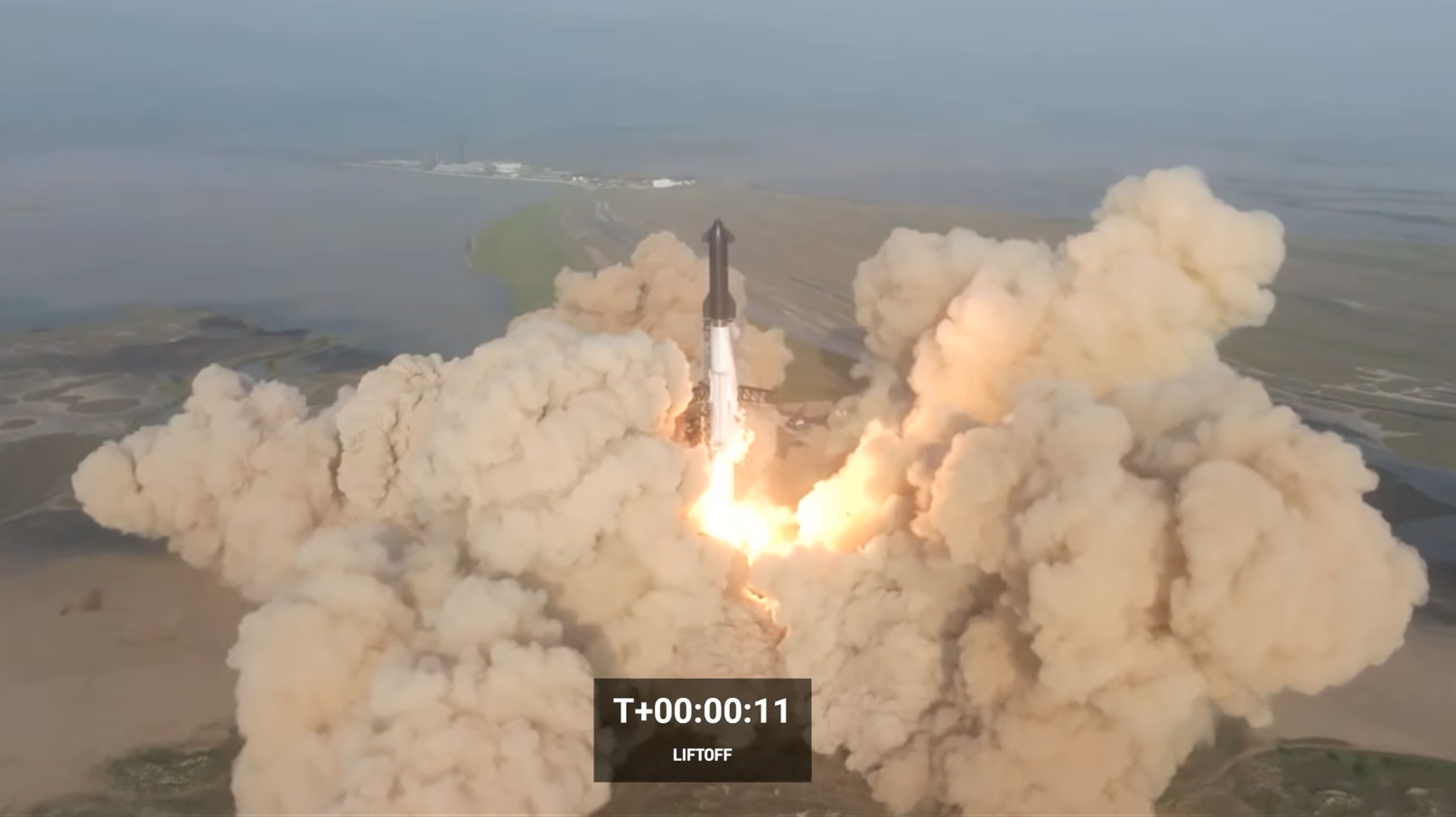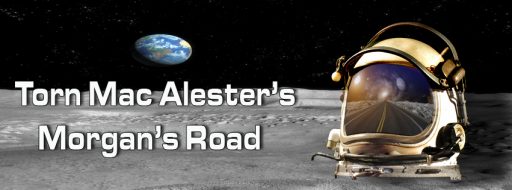The Soldier
Y+0
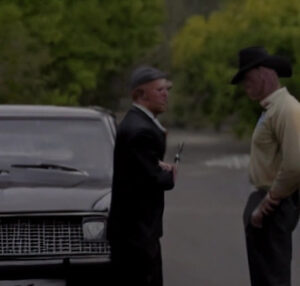
Granger realized that the whirlwind month had ended as he headed to the Greyhound bus, hoping to see if he could get a trip. According to the sergeant in the discharge barracks, his chances of getting a home trip to Wyoming were next to nothing. He had the Army travel voucher and four hundred bucks in cash–enough to last maybe two weeks, if his luck held.
In the hazy twilight, he made note of the limousine pulled up along the curb. Two men were shouting at each other along its far side. Granger noticed that the larger man had something clinched in his fist, threatening the smaller man. Granger crossed the street quickly and dropped his duffle-bag on the ground behind the larger man. The man turned, holding an eighteen-inch section of two-inch pipe.
“What do you want?” The large man said in a heavy Texas accent. “Mister fancy pants was about to give me a ride.”
“I don’t think he was about to do any such thing,” Granger said.
“Please, I was telling the gentleman that my driver will be just–” started the smaller man, in an almost condescending tone.
“Shut your fast-talking mouth,” the larger man said, raising the pipe.
“I’ll give you a count of one to drop that pipe,” said Granger, smelling the whisky on the other man’s breath.
The large man continued to raise the pipe and stepped toward Granger. Taking a small step forward, Granger rolled the man over his shoulder easily and twisted his arm, forcing the pipe from his grip and dropping the large man to the ground.
“Once more chance, Cowboy,” Granger said. “Take off and pick on someone else.”
The man spat and reached for the pipe. Granger put his foot on his hand, grinding it against the concrete.
“Leave it,” said Granger.
The man stood and then stumbled off, obviously drunk.
“That was quite impressive,” said the shorter man.
“There was nothing to it,” said Granger. “I hope your driver will be along in a minute and you can get out of here.”
“You see, that is the trouble.”
“You don’t have a driver.”
“No, not as of an hour ago,” said the man.
“I take it that Cowboy there wasn’t applying for the job.”
“No, that was an unfortunate misunderstanding.”
“I can drive it,” said Granger. “But I don’t have a limo license.”
“I’ll take you up on that if I cannot find one at the bus station.”
“Suit yourself.”
Granger picked up the duffle bag and the pipe. He tossed the pipe into a garbage bin.
“Can I get your name?” asked the man.
“Granger. Excuse me–Army the past couple of years–Stanley Granger.”
“Morris Mason. Good to meet you–what rank did you say.”
“No rank now, it seems. Yellowstone finished that off.”
“Of course, Mister Granger.”
“If I can help you find that driver now, I’m also trying to see if there is any way to get to Wyoming.”
“If you need to get to Wyoming, I’ll see that you get there.
“Thank you, sir, but–”
“Nonsense, you’ve already put yourself in my debt. It’s the least I can do,” said Morris.
“Dealing with Cowboy was not any trouble. It looked like you needed the help.”
“I insist. Let’s go in and see about a driver, Mister Granger.”
***
The clerk looked bored and didn’t seem to notice them walk up. “Busses are now once a week on Friday–the only destinations are Dallas and Houston,” the woman muttered, not even looking up.
“I am looking for a driver,” Morris said as Granger looked on.
“You’re looking at her, but the bus won’t be here until Friday morning.”
“I actually need the services of a driver,” continued Morris. “Would you be willing to drive us to Dallas?”
“Not unless you got a thousand bucks.”
“Now there is a deal,” Morris said. “Miss?”
“It’s just Sue,” she said.
“That seems steep,” said Granger.
“It doesn’t seem like you’re paying. Does it?” said Sue.
“Quite perceptive, Sue.” Morris said.
“I was serious, though,” she said.
“I didn’t think you were joking,” said Morris. “In fact, if you are ready to go in five minutes, I can raise it to three thousand.”
“Okay, what am I driving?” asked Sue, looking at Granger.
“The limo outside,” said Granger.
“Okay,” she said. “What are your names?”
“I’m Stanley. This is Morris.”
“Morris, the moneybags,” she said.
“Mason,” said Morris.
“Like Mason Oil?” she asked.
“None other,” said Morris.
“Really,” said Granger.
“Who did you think?” Morris asked.
“I really never considered it,” Granger answered.
“Well, now that we are all equally shocked now after an apocalypse, can we get going? I’d like to earn the three grand,” said Sue.
